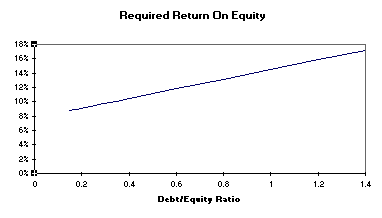Data - Finance - Equity Decisions
Here you are choosing to issue or repurchase shares in your firm. Usually you wish to raise more cash in order to invest in a major project (e.g. product development, or plant purchase), so you issue shares to help raise the money you require. On the other hand, if you have excess cash and no profitable uses for it, you may want to consider repurchasing some of the shares you have issued, thereby reducing the number of shares the firm's future profits must be distributed among.
Issues and repurchases will occur at current market prices with underwriting and merchant banking fees also being incurred. There is a 5% issue premium on equity repurchased, and a 5% issue discount on equity raised. This effectively means that the cost of repurchasing or issuing equity is 5% of the value.
To prevent speculative trading, a firm can, in a given year, only issue up to 50% of the book value of its equity (i.e. the balance sheet value). For example, if a firm currently has balance sheet equity of $5m then the largest equity issue it can make is $2.5m. If its balance sheet equity is very low, then this will severely limit its ability to raise cash through equity issues. For the same reason, in a given year a firm can only repurchase shares worth 25% of balance sheet equity.
